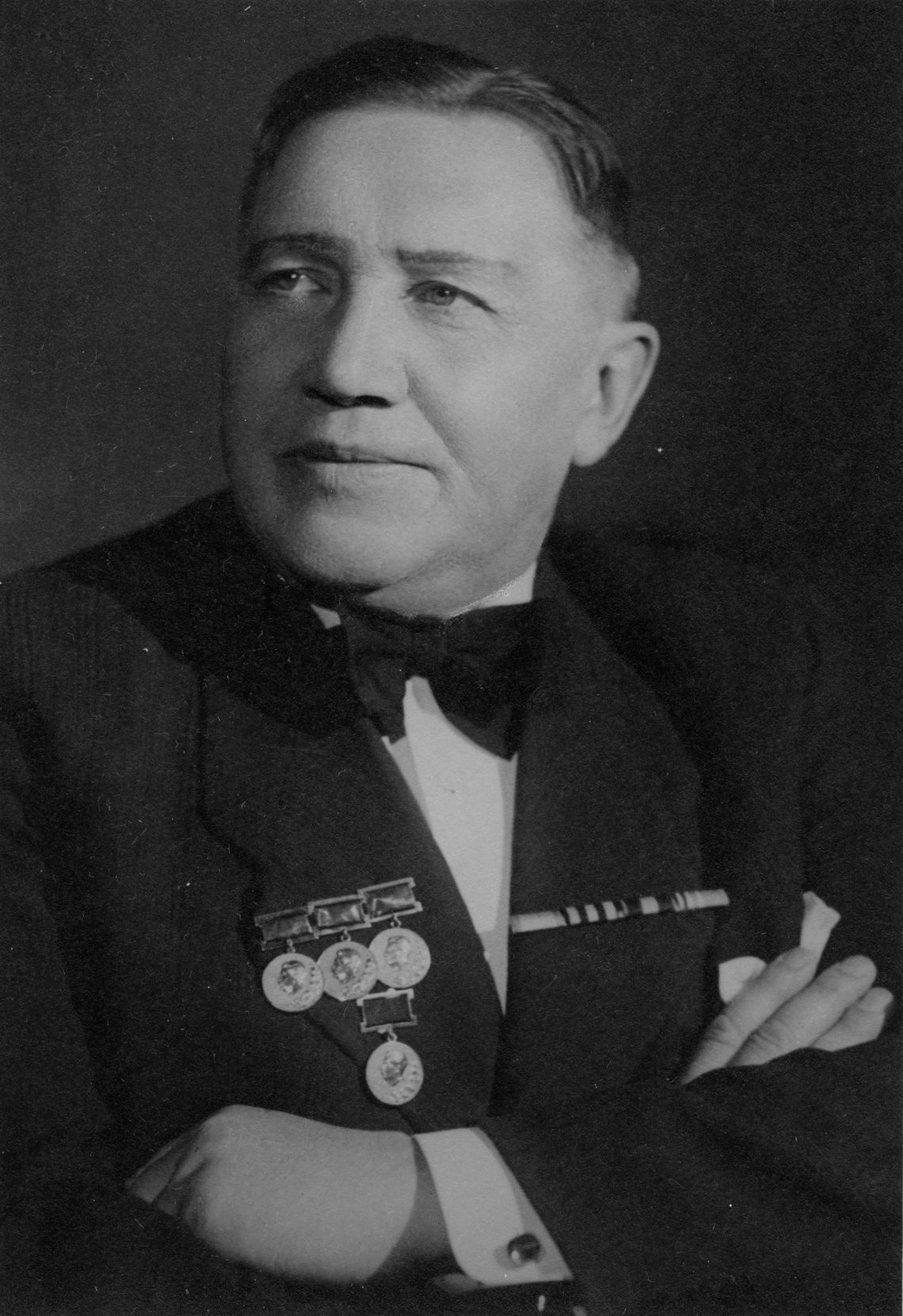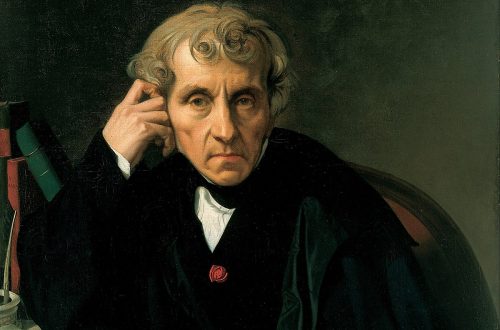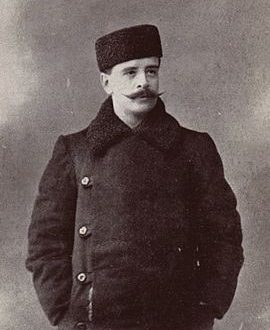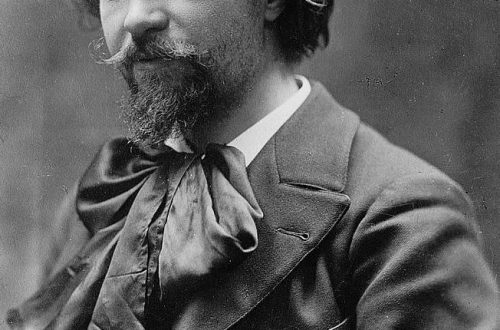
Nikolay Semenovych Golovanov (Nikolay Golovanov) |
Nikolay Golovanov
It is difficult to exaggerate the role of this remarkable musician in the development of Soviet conducting culture. For more than forty years, Golovanov’s fruitful work continued, leaving a significant mark both on the opera stage and in the concert life of the country. He brought the living traditions of Russian classics into the young Soviet performing arts.
In his youth, Golovanov received an excellent school at the Moscow Synodal School (1900-1909), where he was tutored by the famous choir conductors V. Orlov and A. Kastalsky. In 1914 he graduated with honors from the Moscow Conservatory in composition class under M. Ippolitov-Ivanov and S. Vasilenko. Soon the young conductor had already begun vigorous creative work at the Bolshoi Theatre. In 1919, Golovanov made his conducting debut here – under his direction Rimsky-Korsakov’s opera The Tale of Tsar Saltan was staged.
Golovanov’s activities were intense and multifaceted. In the first years of the revolution, he enthusiastically took part in the organization of the opera studio at the Bolshoi Theater (later the Stanislavsky Opera House), accompanied A.V. Nezhdanova on her tour of Western Europe (1922-1923), writes music (he wrote two operas, a symphony, numerous romances and other works), teaches opera and orchestral classes at the Moscow Conservatory (1925-1929). Since 1937, Golovanov has led the All-Union Radio Grand Symphony Orchestra, which, under his leadership, has become one of the best musical groups in the country.
For decades, Golovanov’s concert performances were an integral part of the artistic life of the Soviet Union. N. Anosov wrote: “When you think about the creative image of Nikolai Semenovich Golovanov, his national essence seems to be the main, most characteristic feature. The Russian national setting of creativity permeates Golovanov’s performing, conducting and composing activities.
Indeed, the conductor saw his main task in the propaganda and all-round dissemination of Russian classical music. In the programs of his symphony evenings, the names of Tchaikovsky, Mussorgsky, Borodin, Rimsky-Korsakov, Scriabin, Glazunov, Rachmaninov were most often found. Turning to the works of Soviet music, he looked first of all for successive features in relation to Russian classics; it is no coincidence that Golovanov was the first performer of the Fifth, Sixth, Twenty-Second Symphonies and N. Myaskovsky’s “Greeting Overture”.
The main business of Golovanov’s life was musical theater. And here his attention was almost exclusively focused on the Russian opera classics. The Bolshoi Theater staged about twenty first-class productions under his direction. The conductor’s repertoire was adorned with Ruslan and Lyudmila, Eugene Onegin, The Queen of Spades, Boris Godunov, Khovanshchina, Sorochinskaya Fair, Prince Igor, The Tale of Tsar Saltan, Sadko, The Tsar’s Bride, May Night, The Night Before Christmas, The Golden Cockerel, The Tale of the Invisible City of Kitezh and the Maiden Fevronia—in a word, almost all the best operas by Russian composers.
Golovanov surprisingly subtly felt and knew the specifics of the opera stage. The formation of his theatrical principles was largely facilitated by joint work with A. Nezhdanova, F. Chaliapin, P. Sobinov. According to contemporaries, Golovanov always actively delved into all the processes of theatrical life, up to the installation of scenery. In Russian opera, he was primarily attracted by the monumental scope, scale of ideas, and emotional intensity. Deeply versed in vocal specifics, he was able to work fruitfully with singers, tirelessly seeking artistic expression from them. M. Maksakova recalls: “A truly magical power emanated from him. His mere presence was sometimes enough to feel the music in a new way, to understand some previously hidden nuances. When Golovanov stood behind the console, his hand formed the sound with the utmost precision, not allowing it to “spread”. His desire for a sharp emphasis on dynamic and tempo gradations sometimes caused controversy. But one way or another, the conductor achieved a vivid artistic impression.”
Golovanov worked with the orchestra persistently and purposefully. The stories about Golovanov’s “ruthlessness” towards the orchestra became almost a legend. But this was only the uncompromising demands of the artist, his duty as a musician. “They say that the conductor forces the will of the performers, subjugates it to himself,” Golovanov noted. – This is true and necessary, but, of course, within reasonable limits. In the execution of a single whole, there must be a single will. This will, all his heart, all his energy Golovanov gave to the service of Russian music.
L. Grigoriev, J. Platek





